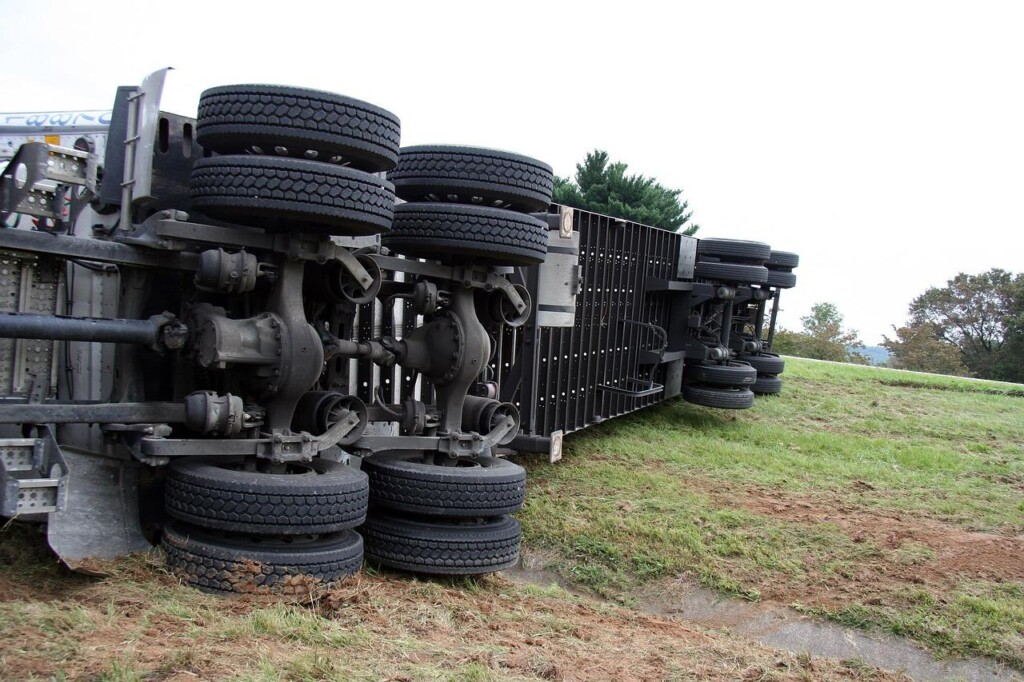
St. Louis, Missouri, is a city built around movement. With its strategic location along the Mississippi River and a web of interstates like I-70 and I-55, it serves as a major hub for commercial trucking across the Midwest. Every day, thousands of trucks pass through the city, supporting trade and industry, but also increasing the chances of serious road accidents involving large commercial vehicles.
When a truck accident occurs, the aftermath is rarely straightforward. Unlike typical car collisions, truck accidents often involve multiple layers—federal regulations, trucking company policies, driver fatigue, and mechanical issues. To uncover the truth behind what caused the crash and who is responsible, the involvement of expert witnesses becomes not just helpful but essential.
That’s why victims turn to Meyerkord & Kurth, truck accident lawyers in St. Louis. With a deep understanding of how expert testimony strengthens a case, their team works closely with industry specialists, accident reconstructionists, and medical professionals to build a solid legal argument. Their experience ensures that every detail is uncovered and every voice that matters is heard.
The role of expert witnesses in truck accident litigation:
Clarify Complex Technical Details
Truck accident cases often involve complicated mechanical or logistical issues, such as brake failure, tire blowouts, or improper cargo loading. Expert witnesses, like accident reconstructionists or mechanical engineers, help the jury understand what went wrong and how it contributed to the crash. Their evidence can demystify technical language and provide visual reconstructions that facilitate technical proof to become more comprehensible for a jury.
Determine Liability and Fault
Determining who’s at fault isn’t always easy with truck accidents. Fault can be attributed to the driver, the trucking company, the maintenance crew, or the manufacturer. Experts analyze log files, maintenance history, and black box data to help determine who’s at fault and to build a strong case. Without the expert analysis, critical evidence may be lost or misread, and lower your ability to prove negligence.
Validate the Severity of Injuries
Medical personnel can affirm the severity of an injury sustained by a victim, recovery periods, and the long-term impact on daily life. Their affidavit can affirm that injuries occurred and their impact on the victim physically and psychologically. This is essential in countering attempts by insurance companies to downplay the extent of your suffering or suggest pre-existing conditions are to blame.
Calculate Economic Damages
Financial experts or forensic economists may be brought in to project lost wages, future medical costs, or reduced earning capacity. This helps the court determine fair compensation based on credible, expert-backed calculations rather than guesswork. Their assessments are especially valuable in high-stakes cases where the long-term financial impact is substantial and complex.
Support Non-Economic Damage Claims
Psychologists or trauma specialists may be used to explain emotional distress, PTSD, or the impact of chronic pain. These experts help juries understand the “hidden “effects of a truck accident, which are hard to prove without expert testimony. They are also able to connect emotional trauma with the crash directly, supporting your pain and suffering damages claim.
Strengthen Your Credibility in Court
Having capable, objective experts on your side can really make your case more credible in the eyes of a jury or judge. They bring expert opinion based on fact and numbers, not emotion, which can cancel out the defense’s version. Good, solidly respected experts with good credentials can even outweigh lawyers themselves at times.
Refute the Defense’s Claims
The trucking company may use its own experts to downplay liability or minimize damages. Your expert witnesses can review and challenge their testimony, ensuring misleading or inaccurate statements don’t go unchallenged. This level of rebuttal can prevent the jury from being swayed by biased or incomplete arguments from the defense.